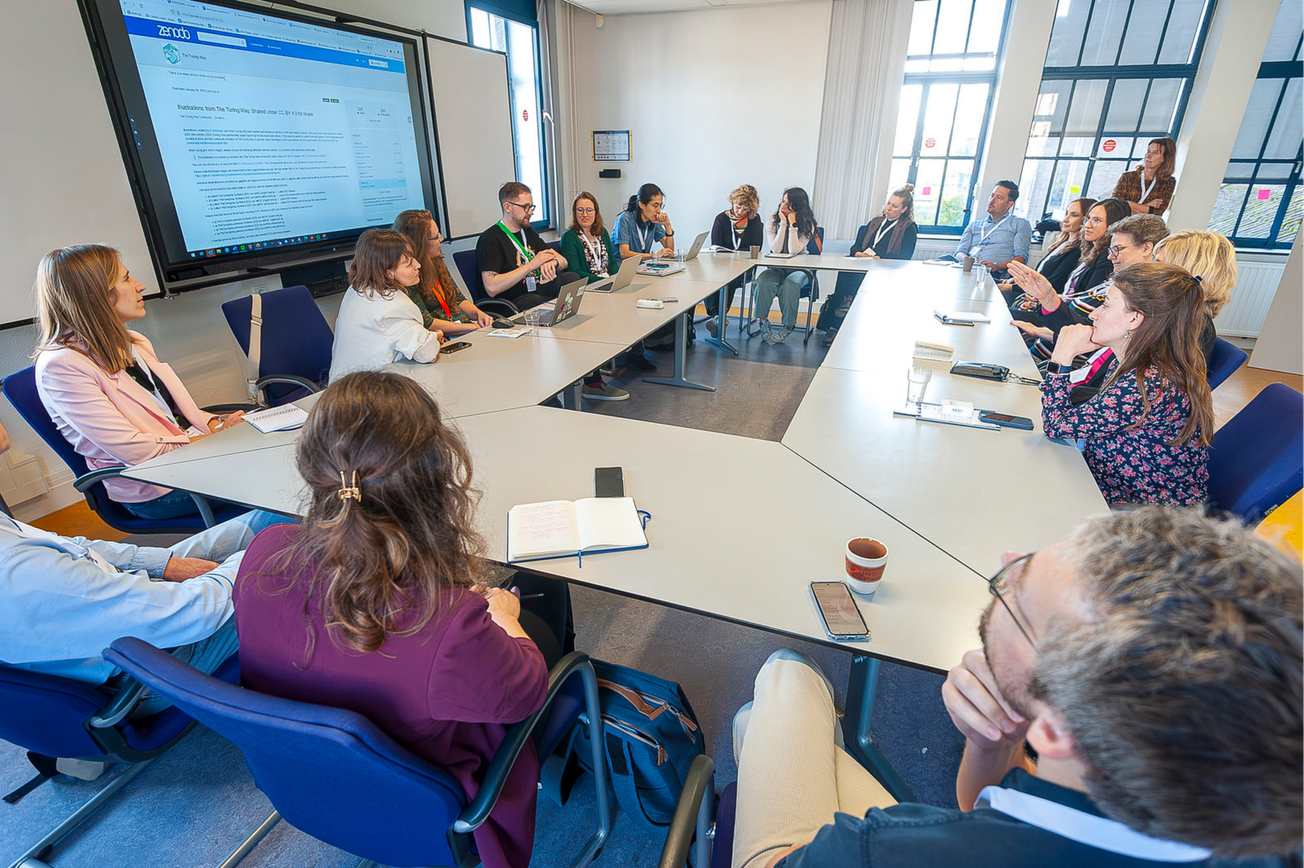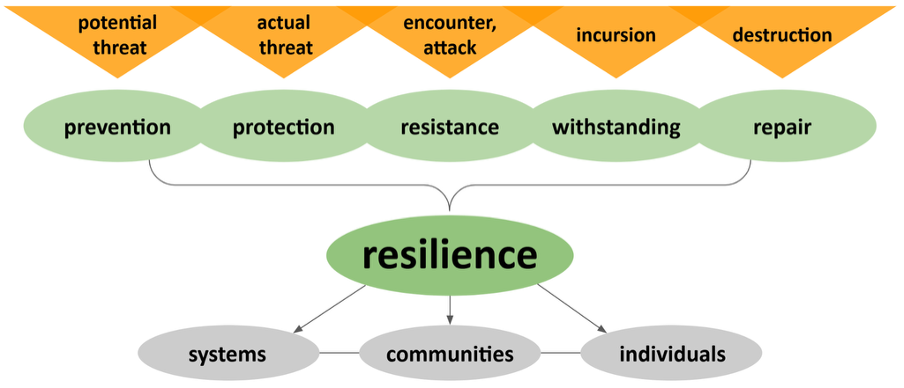The open access (OA) movement has undoubtedly revolutionized the accessibility of scholarly research, aiming to make knowledge freely available to all. While many countries have embraced OA publishing with supportive policies, a persistent obstacle remains—article processing charges (APCs). These charges/fees have led to a debate within the academic community, questioning whether they align with the best interests of open science. Proponents of APCs assert that they effectively address the expenses associated with OA publishing—editorial and peer-review processes, copyediting, typesetting, hosting, and archiving; conversely, opponents argue that the quality of scientific publishing can be upheld even without APCs.
Understanding the scale of this issue and identifying the perceived impact of APCs on the sustainability of the OA movement seems to be the need of the hour. Hence, in light of this, a global survey, conducted by Enago Academy revealed significant hesitancy among authors to publish in OA journals due to APCs.
This thought piece delves into the repercussions, limitations, and concerns associated with APCs in OA publishing. It aims to contribute to the ongoing discussion surrounding the sustainability of the OA movement and propose solutions that prioritize a sustainable, equitable, and accessible future for scientific research.
Let us reevaluate the need for APCs in OA publishing with some crucial observations from the global survey mentioned above.
Repercussions on Scientific Progress
The prevailing dominance of APCs carries profound implications for the advancement of science, and some view them as a significant threat to the principles of open science. The consequences extend beyond financial considerations, striking at the very heart of inclusivity, equity, and the pursuit of knowledge.
1. Unaffordable APCs: The APC model’s primary limitation lies in creating financial barriers for authors, particularly those affiliated with institutions lacking adequate funding or researchers from low-income countries. The fees associated with APCs can be prohibitively expensive, creating a two-tier system where authors from well-funded institutions or with personal resources enjoy a significant advantage. According to the survey, an alarming majority of researchers deem APCs as expensive, leading to a lack of representation from marginalized communities and undermining the goal of inclusivity in scholarly publishing.
2. Inequities in Research Funding: The APC model assumes that authors possess sufficient funding to cover the publication costs, disregarding the stark reality of funding disparities in research. Researchers from underfunded institutions or with limited grant opportunities may struggle to secure funds for APCs, leading to imbalances in publishing opportunities and perpetuating existing academic inequalities.
3. Commercial Interests and Quality Control: Critics argue that reliance on APCs may incentivize publishers to prioritize profit generation over the rigorous evaluation and dissemination of high-quality research. This can raise concerns about potential conflicts of interest and lowering of quality standards in OA publishing. The focus on revenue generation and commercialization may lead to a higher acceptance rate for articles without adequate scrutiny, jeopardizing the credibility and reliability of published research.
4. Predatory Publishing Concerns: The APC model can inadvertently contribute to the proliferation of predatory publishing practices. Predatory publishers are known to exploit APCs by charging fees without providing proper editorial and peer review processes. Researchers may unknowingly fall prey to these predatory journals, damaging their academic reputation and compromising the overall integrity of OA publishing.
5. Exclusion of Non-Affiliated Researchers: Independent scholars or researchers without institutional affiliations face challenges in accessing APC-funded OA publishing. Without institutional support or funding, these researchers find it difficult to cover the costs associated with APCs, limiting their ability to contribute to the OA landscape.
6. Lack of Transparency in Pricing: Opponents of the “pay-to-publish” model contend that APC pricing structures s lack transparency, leaving authors and institutions unsure about the breakdown of publication costs. This lack of transparency breeds skepticism and raises questions about the fairness and justifiability of APCs.
Moreover, the pressure to pay APCs can lead to a shift in research priorities, with authors prioritizing quantity over rigor in the fear of “publish or perish”. The focus on securing funding for publication may overshadow the primary objective of research, potentially compromising the quality and integrity of scientific output. The emphasis on APCs as a financial requirement diverts attention from knowledge dissemination and collaboration, ultimately impeding the advancement of science.
Paving the Way Toward Affordable Open Access Publishing
Tackling the challenges surrounding APCs in OA publishing demands a multifaceted approach involving several stakeholders within the academic community. Here are some strategies and solutions to consider:
1. Education and Awareness: Increasing researchers’ awareness of funding opportunities to cover APCs is crucial. As most researchers are unaware of the existing funding options for publishing, another major issue identified is the ambiguity in the budget section of grant proposals. Institutions and funding agencies should provide clear information and guidance on available grants, funding policies, and support mechanisms. Additionally, educational initiatives, workshops, and training programs can help researchers in navigating the complexities of the publishing landscape and make informed decisions about OA publishing.
2. Increased Funding Support: Institutions, funding agencies, and governments can play a crucial role in providing enhanced financial support to researchers for covering APCs. Allocating dedicated funds or grants specifically aimed at supporting OA publishing reduces the financial burden on researchers, promotes inclusivity, and encourages a wider range of authors to participate in OA publishing.
3. Collaborative Funding Initiatives: Collective funding initiatives, such as "diamond" or "platinum" OA, involve the pooling of resources from institutions or consortia to cover publication costs. These collaborative models ensure a more equitable distribution of funding and alleviate the financial burden on individual authors. Sharing the responsibility of funding helps overcome APC challenges.
4. Waivers and Reduced APCs: Journals and publishers can adopt more transparent policies for waivers or reduced APCs for those without access to adequate funding. Practices such as transparent decision-making, reporting approved waivers, obvious placement on websites, etc., can level the playing field, ensuring financial constraints do not hinder the dissemination of quality research. Implementing transparent and fair eligibility criteria helps mitigate potential abuses of these waivers.
5. Continued Monitoring and Regulation: Regular monitoring and evaluation of APCs and their impact on the academic community are essential. This enables the identification of potential issues, such as excessive pricing or predatory practices, prompting necessary interventions. Transparent reporting and accountability mechanisms ensure publishers adhere to ethical practices and maintain fair pricing structures.
6. Collaboration and Advocacy: Collaboration among researchers, institutions, publishers, and policymakers is vital for addressing APC challenges. By working together, these stakeholders can advocate for sustainable, affordable, and equitable publishing practices. Engaging in discussions, sharing best practices, and collaborating on initiatives such as Plan S, which promotes the values of OA and community-driven publishing, can bring about a positive change.
Igniting Change in Open Access Publishing
According to recent news, over two-thirds of the "transformative journals" participating in the Plan S open-access initiative are set to be removed from the scheme due to their failure to meet targets. The participating funder group, Coalition S, announced the removal of 1,589 out of 2,326 journals (68%) from the scheme for not meeting requirements, such as increasing the share of OA content and revoking subscription options. As a result, the Coalition S group of research funders has announced that it will remove all support for transformative journals from the end of 2024. This means the funders will no longer pay the fees these journals charge authors for OA publication, although researchers may still publish OA articles in these titles if they pay using alternative funding sources. This is a truly unfortunate development, especially when everyone is discussing about breaking down the financial barriers obstructing the progress of open science.
The repercussions of APCs on scientific progress are profound, perpetuating inequalities, influencing research priorities, and potentially steering research interests toward commercially driven endeavors. To foster a truly inclusive and equitable scientific community, exploring alternative funding models, increasing financial support from institutions and funding agencies, and prioritizing the academic community’s best interests over APCs’ financial considerations are paramount. By doing so, we can ensure that scientific progress remains unhindered and that the benefits of OA reach all researchers, irrespective of their financial resources.
As we forge ahead, let us remember that OA is not merely a concept; it is a transformative force. It embodies collaboration, innovation, and the democratization of knowledge. By choosing community over commercialization, we can unleash the full potential of open science, revolutionizing how we discover, share, and build upon our collective knowledge.
Copyright © 2023 Uttkarsha Bhosale, Riya Thomas, Gayatri Phadke, Anupama Kapadia. Distributed under the terms of the Creative Commons Attribution 4.0 License.








